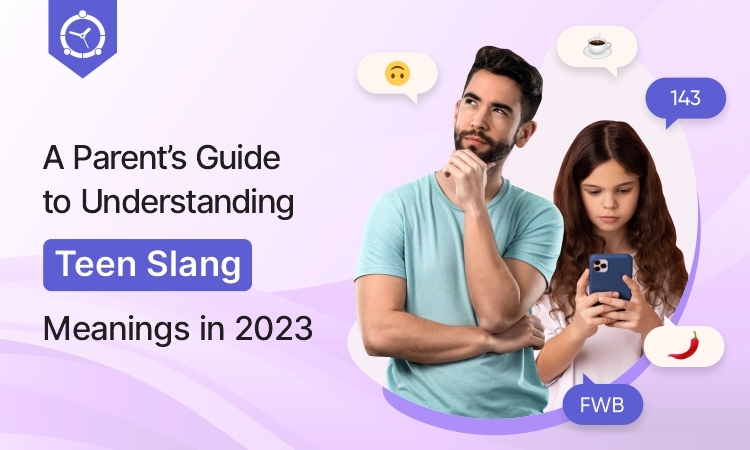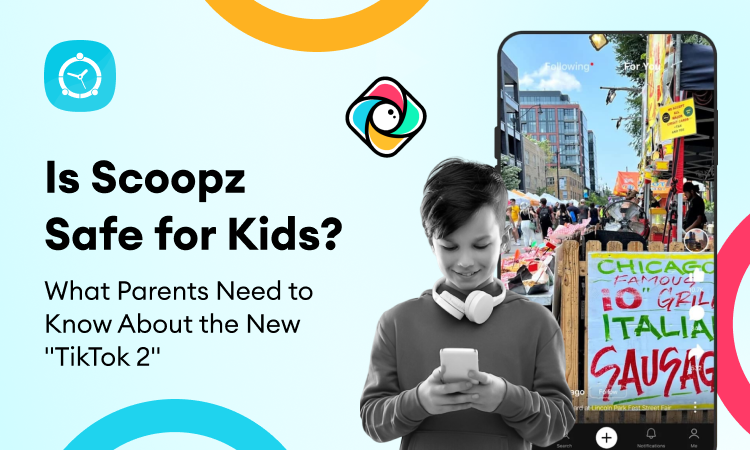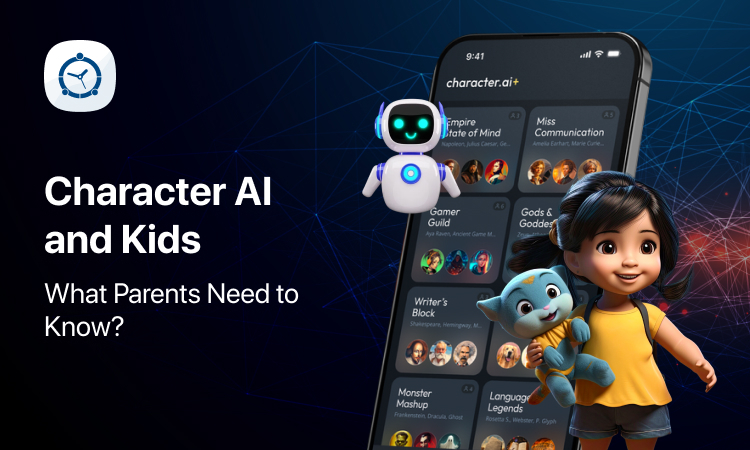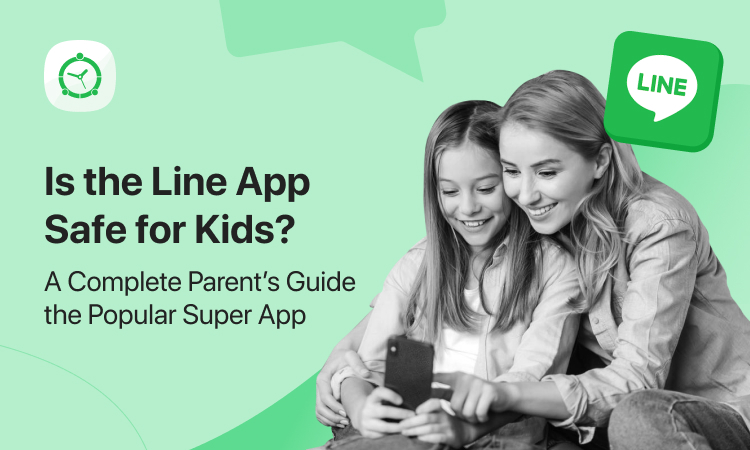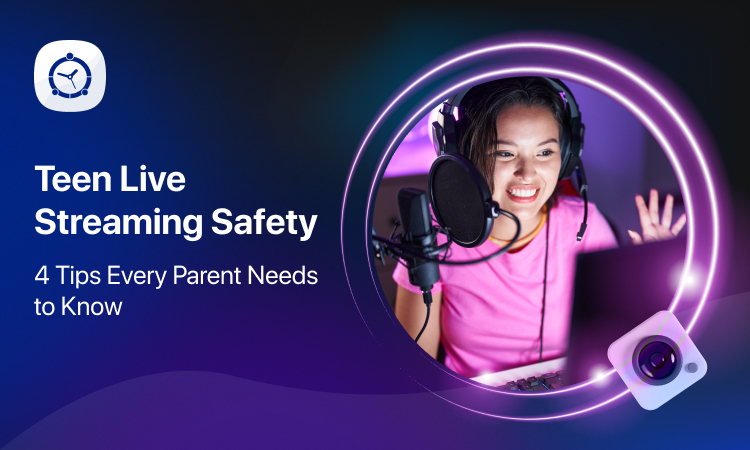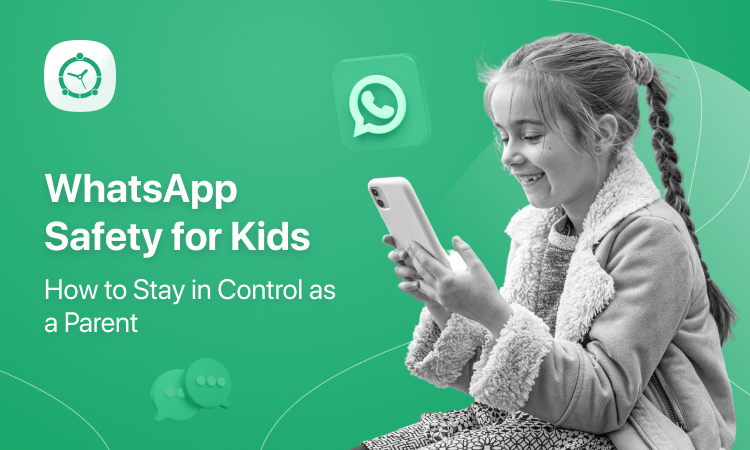Teenagers today are known for their use of slang language. Slang words are constantly evolving, and it can be difficult for parents to keep up. As a parent, it is important to be aware of the language your teenager is using to communicate with other peers.
Understanding teen slang meaning will not only help you communicate with your child, but it will also help you keep up with what’s going on in their life. In this post, we’ll provide a guide to understanding teen slang meanings in 2023.
Understanding the Origins of Teen Slang:
Slang language has been around for centuries and is often used to communicate within a particular group. Teenagers, in particular, use slang language to create a sense of belonging and to establish their own identity. Slang words are often created by combining words or shortening them, and they can also be influenced by popular culture, music, and social media.
Stay Informed on Current Slang Words:
Slang words can change quickly, and it’s important to stay informed on the latest trends. You can stay updated by reading blogs, following social media influencers, or asking your teenager directly. Some current slang words in 2023 include:
- “lit” (meaning something is exciting or cool).
- “yeet” (an expression of excitement).
- “savage” (a term used to describe someone bold or ruthless).
Be Aware of the Context:
Slang words can have different meanings depending on the context in which they are used. For example, the word “lit” can be used to describe a party, but it can also be used to describe someone who is under the influence of drugs and alcohol. As a parent, it’s important to understand the context in which these words are being used and to have an open and honest conversation with your teenager about them.
Use Slang Words Appropriately:
It’s important to remember that using slang words can be fun and a way to connect with your teenager, but it’s also important to use them appropriately. Using slang words in the wrong context or using them too frequently can come across as inauthentic and may even cause your teenager to feel embarrassed or annoyed.
Don’t Overreact:
As a parent, it’s easy to overreact when you hear your teenager using slang words that you don’t understand or that you perceive as inappropriate. However, it’s important to remain calm and to have a conversation with your teenager about why they are using the words and what it means. Jumping to conclusions or punishing your teenager for using slang language may cause them to shut down and may make it harder to communicate in the future.
There are many different types of teen slang, and each has its unique characteristics and meanings. Here we’ll provide you with some common types of teen slang. These are:
Type of Teen Slangs:
Acronyms:
Acronyms are shorthand for longer phrases or words. Examples of popular acronyms used by teens include:
- “LOL” (laugh out loud)
- “OMG” (oh my god)
- “TBH” (to be honest)
Blends:
Blends are slang words that are created by combining two or more words. Examples of popular blends used by teens include:
- “hangry” (hungry + angry)
- “chillax” (chill + relax)
- “FOMO” (fear of missing out)
Borrowed Words:
Teen slang often borrows words from other languages, cultures, or subcultures. Examples of popular borrowed words used by teens include:
- “stan” (a fan of a celebrity or artist)
- “bop” (a catchy song)
Trending Words:
Trending words are slang words that become popular due to social media trends, viral videos, or memes. Examples of popular trending words are:
- “vibe check” (to assess someone’s emotional state)
- “simp” (someone who is overly attentive to their crush)
Regional Slang:
Teen slang also varies by region or location. For example, slang used by teens on the East Coast of the United States may be different from slang used by teens on the West Coast. Examples of popular regional slang may include:
- “wicked” (very) in New England
- “hella” (very) in California
Parents can also use parental control apps to keep their kids safe from different slang words which they think are inappropriate according to their age. FamilyTime is the best parental control app through which parents can easily block inappropriate slang words.
How FamilyTime Can Help?
FamilyTime has a lot of fantastic features through which you can not only block inappropriate websites but slang words too on different social media platforms. The features involve:
- YouTube monitoring
- TikTok monitoring
- Internet filter
- Monitor text messages
FamilyTime has still more other than the above-mentioned features. Visit the website or download the app from Google Play Store or App Store and explore its wonderful features.

